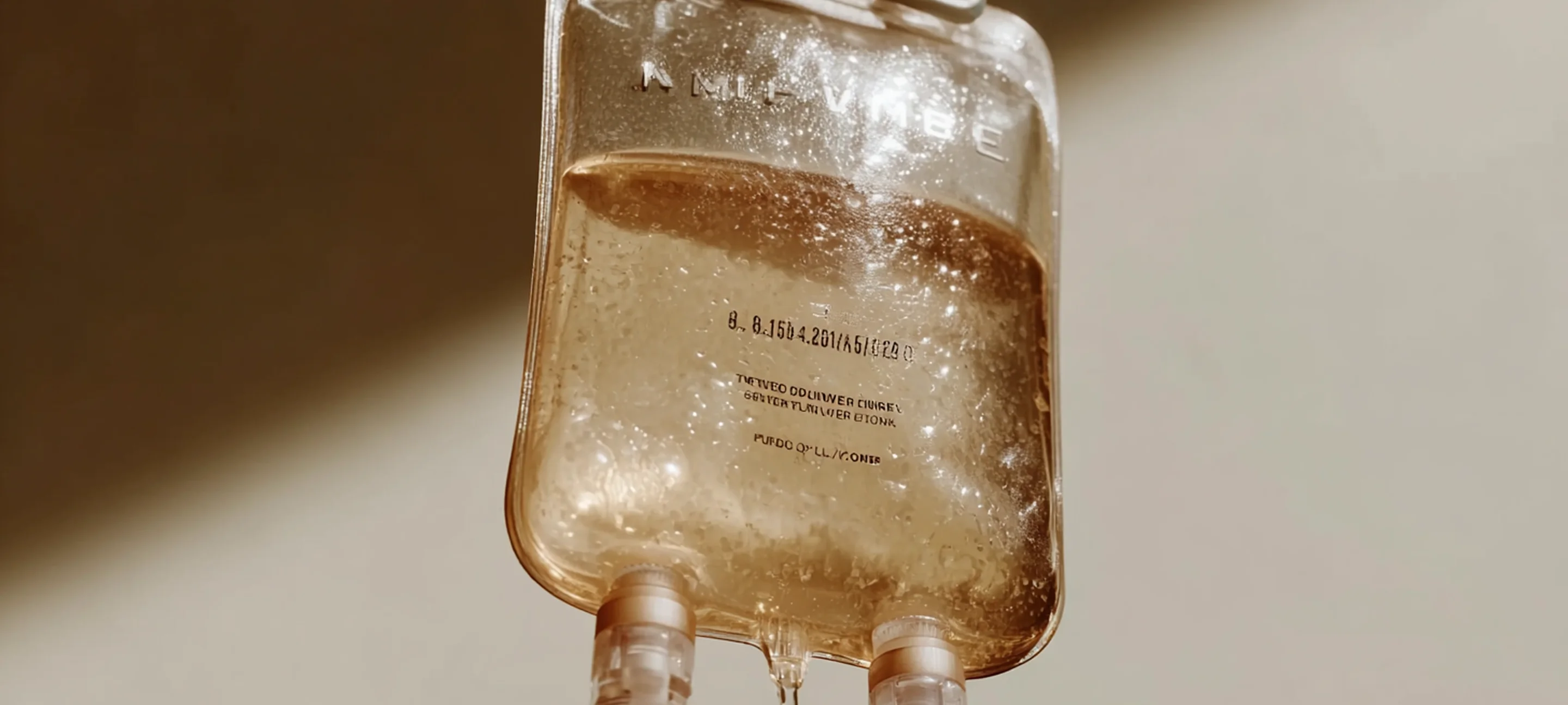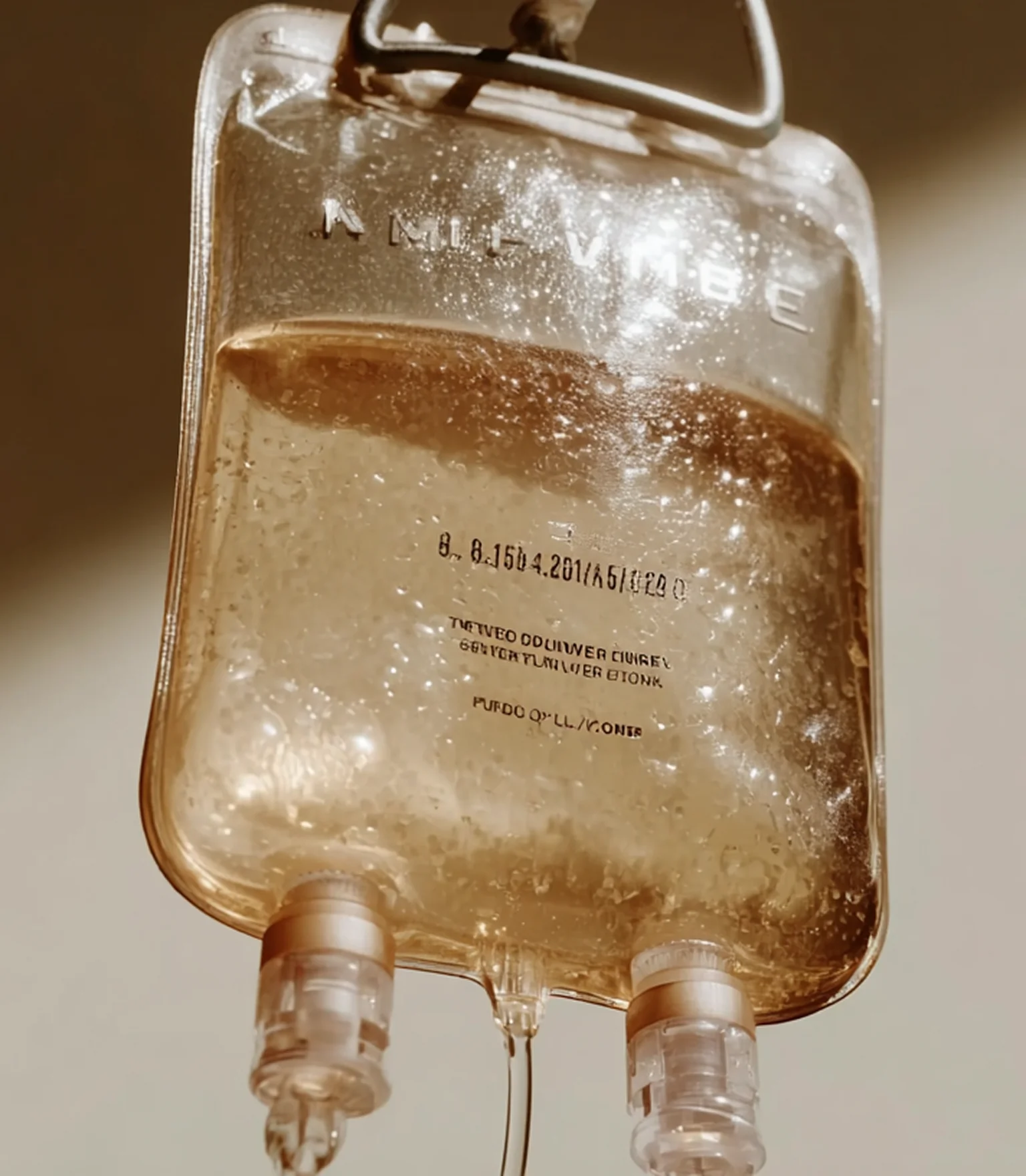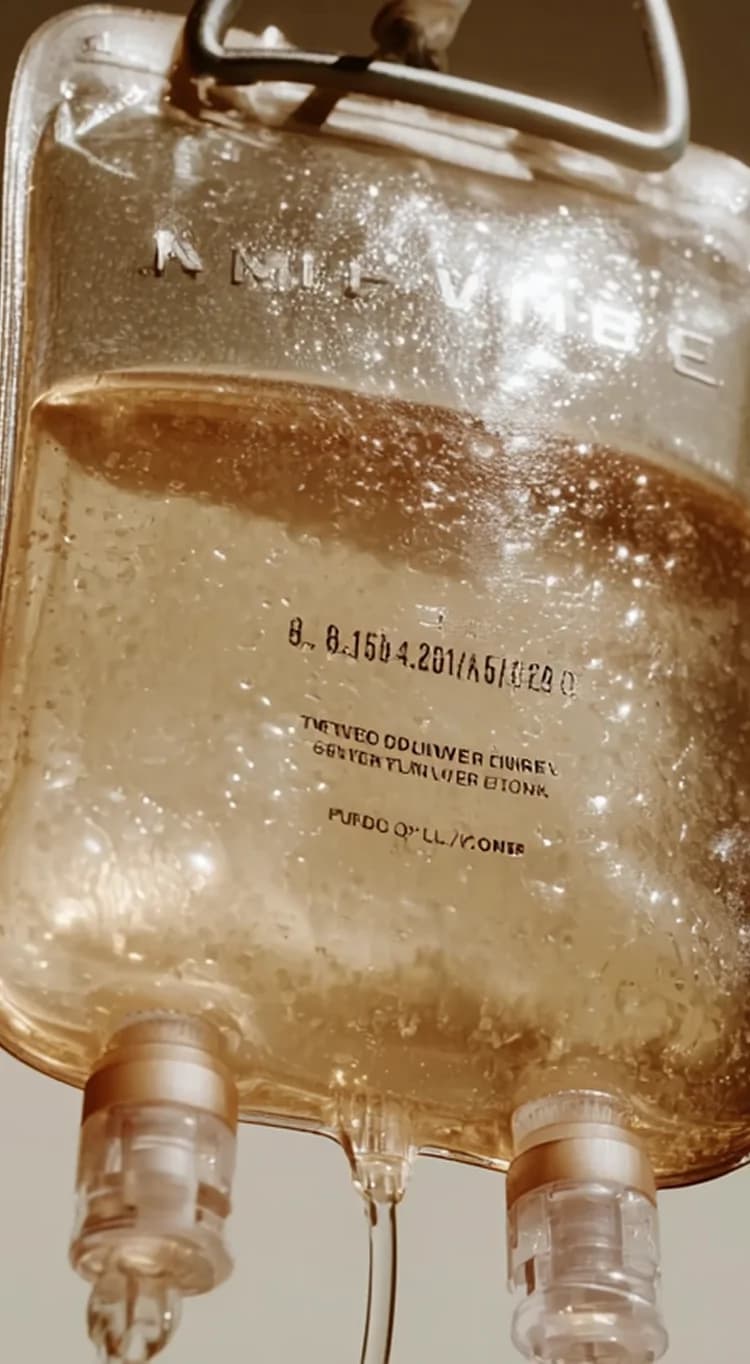WHAT ARE B12 INJECTIONS?
B12 injections deliver vitamin B12 directly into the muscle, allowing for faster absorption than oral supplements. Vitamin B12 plays a key role in energy production, red blood cell formation, and nervous system health. This treatment is often used to combat fatigue, support metabolism, and improve overall vitality.
COMMON BENEFITS:
- Increased energy levels
- Improved mood and mental clarity
- Support for metabolism and weight management
- Enhanced immune function
- Better sleep quality
B12 Injections treatments available on marbl
What to Expect
A qualified practitioner injects a dose of vitamin B12 (typically methylcobalamin or cyanocobalamin) into the muscle — usually the upper arm or thigh. The vitamin is absorbed directly into the bloodstream, bypassing the digestive system for maximum effectiveness.
Treatment time
5–15 minutesPain level
mild — brief pinch during injectionDowntime
noneWhen results appear
24–48 hoursFull results
3–7 daysLongevity
1–3 months depending on individual needsLook and feel
increased energy improved mood and enhanced overall vitalityIS IT RIGHT FOR ME?
THIS TREATMENT MAY BE SUITABLE IF:
- You experience persistent fatigue or low energy
- You follow a vegan or vegetarian diet
- You have difficulty absorbing B12 from food or supplements
- You're looking to support your metabolism or overall wellness
Pre-Care & Aftercare
BEFORE YOUR APPOINTMENT
- No special preparation required
- Eat a light meal before your appointment
- Stay hydrated
- Inform your practitioner of any medications or health conditions
AFTER YOUR APPOINTMENT
- Resume normal activities immediately
- Stay hydrated throughout the day
- Some people feel energised within hours while others notice effects over a few days
- Frequency of injections varies — your practitioner will recommend a schedule based on your needs
top clinics to get B12 Injections in your area

Drip Health & MedSpa | Aesthetics • Wellness • Men’s Health | Miami Lakes

Spry Society | Med Spa and Aesthetics

Effortless Touch Miami

Modern Wellness Concierge

Ageless Perfection Med Care & Aesthetics

Only Med Glam Aesthetics & Wellness

Not sure if B12 Injections are right for you?
Answer a few quick questions to discover treatments tailored to your goals.
FAQs
B12 injections are used to treat or prevent vitamin B12 deficiency and its associated symptoms. Vitamin B12 is essential for red blood cell production, nerve function, DNA synthesis and energy metabolism. Injections may be prescribed for people with diagnosed deficiency due to conditions like pernicious anaemia, digestive disorders that affect absorption (such as Crohn's disease or coeliac disease), or following certain surgeries like gastric bypass. They are also used by people following strict vegan or vegetarian diets who may struggle to get enough B12 from food alone. In recent years, B12 injections have become popular in wellness and aesthetic clinics for people seeking an energy boost, improved mood or support for general wellbeing, though the evidence for benefits in people without deficiency is limited. It is important to have proper testing and guidance from a healthcare professional before starting B12 injections.
How quickly B12 injections work depends on the severity of your deficiency and the symptoms you are experiencing. Some people report feeling more energised or noticing improved mood within 24 to 48 hours after their first injection, though this can sometimes be a placebo effect. For people with significant deficiency, it typically takes several days to a few weeks of regular injections to notice meaningful improvements in symptoms like fatigue, brain fog or weakness. More severe neurological symptoms, such as numbness, tingling or balance problems, may take several weeks or even months of consistent treatment to improve, and some nerve damage may be irreversible if deficiency has been long-standing. The timeline varies considerably between individuals, and your healthcare provider will monitor your progress and adjust your treatment plan accordingly. If you do not have a deficiency, you are less likely to notice dramatic effects from B12 injections.
B12 injections deliver a high dose of vitamin B12 (cobalamin) directly into the muscle, bypassing the digestive system and ensuring the vitamin is absorbed into the bloodstream. Once in your body, B12 plays several crucial roles: it supports the production of healthy red blood cells, which carry oxygen around the body; maintains the protective covering of nerves, which is essential for proper nervous system function; helps produce DNA and genetic material in cells; and supports energy metabolism by helping convert food into usable energy. For people with diagnosed B12 deficiency, injections can relieve symptoms such as extreme fatigue, weakness, brain fog, mood changes, tingling or numbness in hands and feet, and difficulty with balance or memory. In people with normal B12 levels, the injections are unlikely to provide noticeable benefits, as the body will simply excrete any excess through urine.
The frequency of B12 injections depends on the reason for treatment, the severity of deficiency and individual response. For people with diagnosed pernicious anaemia or severe deficiency, the typical protocol in the UK is an initial loading phase of injections every other day or several times per week for 1 to 2 weeks, followed by maintenance injections every 2 to 3 months for life. If neurological symptoms are present, more frequent injections may be needed initially, sometimes continuing every 2 months long-term. For less severe deficiency or dietary insufficiency, injections might be given weekly or monthly until levels are restored, then less frequently for maintenance. In wellness or aesthetic settings, some people opt for monthly injections for an energy boost, though this is not typically medically necessary if you do not have a deficiency. Your healthcare provider should determine the appropriate schedule based on your blood test results, symptoms and medical history. Never self-prescribe or inject without proper medical guidance.
After a B12 injection, there are relatively few restrictions compared to other injectable treatments. The injection site may be slightly tender, red or bruised, so avoid rubbing or massaging the area for a few hours. You should be able to resume normal daily activities immediately, including exercise, though some practitioners suggest avoiding very strenuous workouts for a few hours if the injection site is particularly sore. Avoid applying heat to the injection area for the first 24 hours, as this could increase bruising or swelling. It is also wise to avoid alcohol for at least 24 hours, as alcohol can interfere with B12 absorption and metabolism, potentially reducing the effectiveness of the treatment. If you experience unusual symptoms such as severe pain, significant swelling, signs of infection (increasing redness, warmth or discharge), allergic reactions (rash, itching, difficulty breathing) or chest tightness, seek medical attention immediately. Always follow any specific aftercare instructions provided by your healthcare provider or practitioner.
You may need B12 injections if you have a diagnosed vitamin B12 deficiency that cannot be adequately treated with oral supplements or dietary changes. Common reasons include pernicious anaemia, an autoimmune condition where your body cannot absorb B12 from food; digestive disorders like Crohn's disease, coeliac disease or inflammatory bowel disease that impair nutrient absorption; previous stomach or intestinal surgery that affects B12 absorption; strict vegan or vegetarian diet without adequate supplementation; certain medications that interfere with B12 absorption (such as metformin or proton pump inhibitors); or advancing age, as absorption naturally decreases. Symptoms that may indicate B12 deficiency include persistent fatigue, weakness, brain fog, memory problems, mood changes, pale skin, shortness of breath, tingling or numbness in extremities, or difficulty with balance. However, these symptoms can have many causes, so proper blood testing is essential before starting treatment. If you have been recommended B12 injections, your healthcare provider should explain the specific reason based on your test results and medical history. Some people receive B12 injections in wellness settings without a confirmed deficiency, but the benefits in these cases are questionable.
Before B12 injections, people with deficiency often experience symptoms such as persistent fatigue and low energy, difficulty concentrating or brain fog, low mood or irritability, pale or slightly yellow-tinged skin, shortness of breath, tingling or numbness in hands and feet, weakness, poor memory or balance problems. After a course of B12 injections, assuming there was a genuine deficiency, most people notice significant improvements: energy levels typically increase, mental clarity and concentration improve, mood often lifts, and physical symptoms like tingling or weakness gradually reduce. The skin may appear healthier and less pale. The extent and speed of improvement vary greatly depending on how severe the deficiency was, how long it had been present, and whether any nerve damage has occurred. Some people feel dramatically better within days or weeks, while others with more serious or long-standing deficiency may need months of treatment to see full benefits. It is important to note that if you did not have a B12 deficiency to begin with, you are unlikely to notice any before and after difference, as your body will simply excrete the excess. Your healthcare provider should monitor your progress with follow-up blood tests and symptom assessments to ensure treatment is effective.





